Can Cats Drink Condensed Milk?
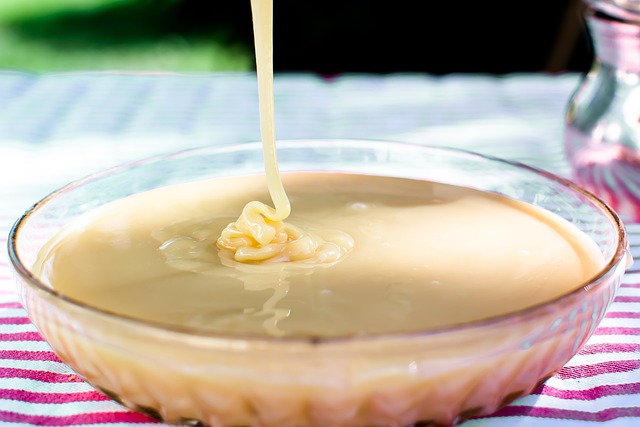
You'll agree with me when I say:
Being a responsible cat owner can sometimes feel like walking on eggshells.
Worried about every little thing that could harm your feline friend.
Like condensed milk, for instance.🐱
What if it's a ticking time bomb?
Well, let's find out, shall we?
Can Cats Drink Condensed Milk?
Cats should never be given condensed milk as it lacks essential nutrients and can upset their delicate digestive systems. While they may be attracted to its sweet taste, condensed milk is not suitable for their consumption. Stick to well-balanced cat food for their health.
Cats may be curious creatures, but when it comes to condensed milk, they should just step away.
You see, cats might be attracted to the sweet taste of condensed milk...
But condensed milk is not suitable for their consumption.
Let me explain...
Unlike regular milk, condensed milk has had the water removed from it. That means it's a lot creamier, more concentrated.
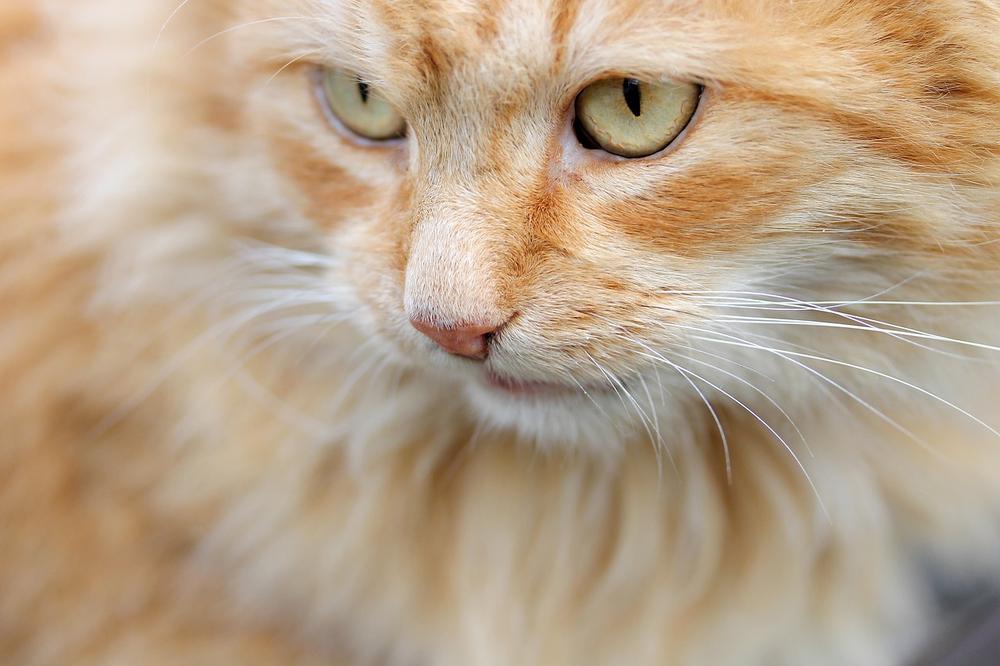
Now, you might think that sounds perfect for your furry friend. However... NEVER feed condensed milk to cats!
And it's not just condensed milk you need to watch out for.
Evaporated milk falls into the same forbidden category.
Both condensed milk and evaporated milk can be harmful to cats if consumed regularly.
They lack essential nutrients that cats need and can upset their delicate digestive systems.
So, as much as your kitty may yearn for that creamy treat, please resist the urge to offer them condensed milk. Stick with a well-balanced cat food instead - that's what's best for their health.
Main points I'll expand upon further down this article:
- Giving cats condensed milk is not recommended due to health risks.
- Condensed milk is high in sugars, fats, lactose, and salt.
- Cats may suffer from lactose intolerance and have difficulty digesting milk.
- Evaporated milk can have negative effects on a cat's stomach.
- Carrageenan in certain brands of evaporated milk can trigger inflammation.
- Cats do not need milk as part of their diet and only need fresh water.
- Plain chicken or fish cooking liquid can be given as an alternative to milk.
- Evaporated milk is a safer option than condensed milk but should still be avoided.
- Cat-Sip Real Milk is a lactose-free option that can be given to cats.
- Stick to a well-balanced, species-appropriate diet for cats with nutrient-rich cat food and fresh water.
But here's the thing you need to know...
The Risks of Giving Cats Condensed Milk
Don't risk it by giving cats condensed milk or evaporated milk.
Here's why:
- Cats can't handle milk: Their bodies struggle to process it, which leads to problems like diarrhea and vomiting.
- These milks are packed with sugar and fat: That means weight gain and a higher chance of health issues for cats.
- The salt in condensed milk messes with their hydration and stomachs, causing trouble.
- Regularly consuming condensed milk could cause organ failure in cats due to the mix of sugars, fats, and lactose.
- Some condensed milk brands have carrageenan that might make a cat's pancreas inflamed and even contribute to type 1 diabetes.
- When your cat accidentally has condensed or evaporated milk, get guidance from a vet about their well-being and diet.
Just stick to a consistent diet that meets your cat's nutritional needs and skip the condensed and evaporated milk. 😺
And before I go, I want to share with you some vital information.
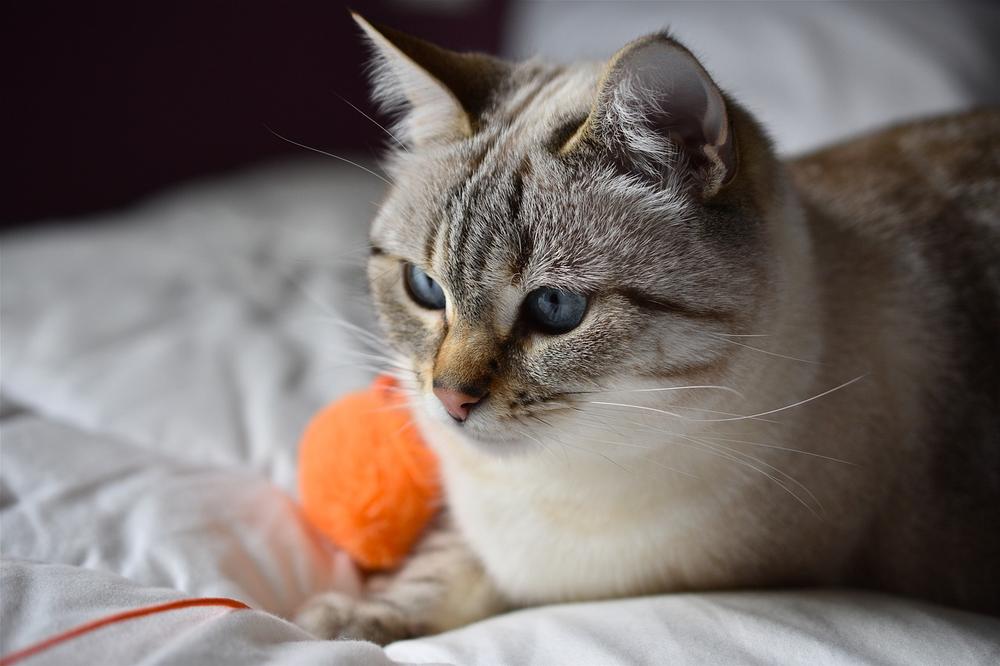
Have you ever wondered if it's safe for pregnant cats to consume milk? Well, I have the answer for you! In my blog post, you can find all the details about that.
Just click here: Can Pregnant Cats Drink Milk.
It's a must-read for anyone with curious minds or cautious concerns.
Stay informed and take care of your furry friends!
How Does Condensed Milk Affect a Cat's Digestive System?
Condensed milk ain't a feline delicacy, my friend.
It messes with their insides.
Cats got trouble digesting lactose, the stuff found in dairy products like condensed milk.
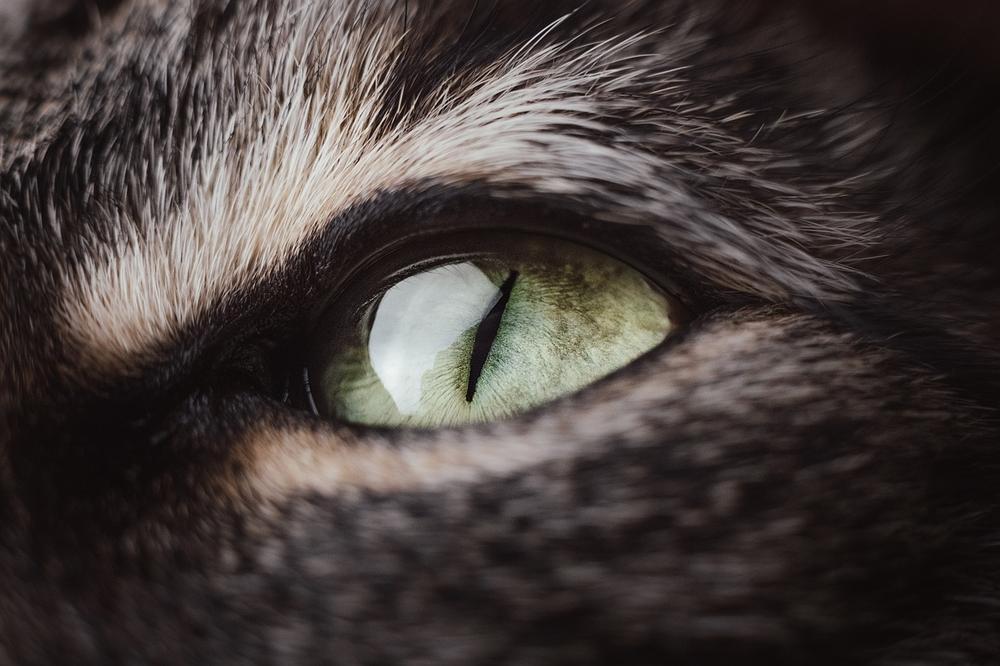
If they chow down on this creamy goodness, it can lead to some nasty consequences.
Think upset stomach, discomfort, diarrhea, vomiting, and unbearable belly pain.
So keep that thick, sweet elixir far away from your furry friends.
Stick to what they can handle and spare them the agony of a kitty tummy ache.
How Much Condensed Milk is Safe for Cats to Consume?
Don't give cats condensed milk, even a little amount could harm them.
Avoid giving any condensed milk to cats.
Even the tiniest bit can be dangerous.
But some cats might handle unsweetened condensed milk or evaporated milk, just not too much.
Make sure it's unsweetened and not the regular sweetened kind.
When you give your cat dairy, ensure it's in moderation.
Too much can lead to stomach problems and digestive issues.
So if you still want to offer condensed milk to your cat, remember these things:
- Don't use sweetened condensed milk, it has too much sugar.
- Only give unsweetened condensed milk or evaporated milk in small quantities.
- Keep an eye on your cat for any discomfort or digestive problems after they have dairy.
- Remember that cats don't handle dairy well, so always go easy on it.
In conclusion, talk to a vet before giving your cat new food or treats.
And it gets better...
There are safer and more suitable alternatives to condensed milk for cats, such as plain chicken or fish cooking liquid.
In the next section, we will explore why giving cats milk is a myth and not necessary for their nourishment, and discuss some healthier options for hydration.
Stay tuned to find out more!
What Are the Alternatives to Milk for Cats?
Here are 10 milk alternatives for cats:
- Plain chicken or fish cooking liquid.
- Fresh water (preferred and necessary).
- Cat-Sip Real Milk (fortified with taurine).
- Lactose-free options (avoid evaporated milk).
- Mother's milk (for kittens only).
- Nutrient-rich cat food.
- Calcium-rich foods (check packaging).
- Species-appropriate diet.
- Vegetables mixed into their food.
- Patience in getting cats used to new options.
Cats do not need milk for hydration or nourishment.
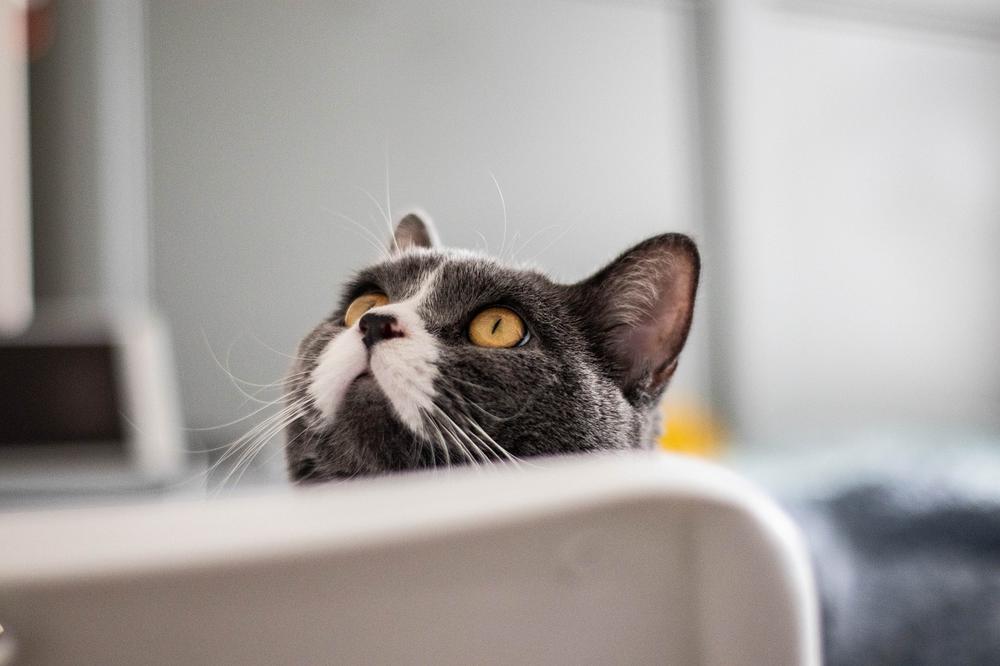
Water is essential, and milk can cause stomach issues.
Focus on providing a well-balanced diet with appropriate nutrients for their in essence well-being.
And that wraps up today's article.
If you wish to read more of my useful articles, I recommend you check out some of these: Can Cats Eat Spaghetti, Do Cats Eat Ants, Can Cats Eat Gummy Bears, Are You Adding Water to Dry Cat Food, and Can Cats Eat Oreos
Talk soon,
-Sarah Davis